Trade negotiators conceded on Wednesday they had run out of time to strike a draft global trade deal next month and Brazil and the European Union blamed each other for the failure.
Ministers from the United States and other countries said they would push for the best outcome possible at a World Trade Organisation (WTO) conference in December and were still determined to strike a full agreement on lowering trade barriers next year.
"I accept that it is not possible to go for full modalities (of a detailed outline) at Hong Kong. But that does not mean we can't achieve anything," European Trade Commissioner Peter Mandelson said, after three days of talks failed to produce a breakthrough.
The WTO trade round was launched four years ago to boost economies and ease poverty.
Having already missed some deadlines, the expiry in mid-2007 of the US president's authority to agree trade deals without Congressional approval means negotiators face a make-or-break year in 2006 to agree the deal.
But so far there is little sign that differences can be narrowed, especially over agriculture.
"We are in a very difficult situation. All of us want a successful round, but we want a round that is meaningful," said Brazilian Trade Minister Celso Amorim, who has pushed for more access to Europe's farm markets.
He said an offer by Brazil to cut tariffs on industrial goods and services "fell on deaf ears" with European negotiators.
But the EU's Mandelson said Europe had offered all it reasonably could on agriculture and other countries had not followed suit on areas like industrial goods and services.
The United States again called on Europe to open up its farm markets. "What is lacking is enough progress on market access," said US Trade Representative Rob Portman.
Officials say it would be dangerous to lower ambitions too far for the December 13-18 ministerial conference of all 148 WTO member states. This week's meetings, involving more than two dozen WTO members, sought to establish just what could be achieved in Hong Kong, which has long been seen as a vital staging post along the route to a final treaty by the end of 2006.
After four years of talks, the gap between rich and poor nations, chiefly over agriculture, remains wide.
Failure to achieve anything in Hong Kong, following a similar debacle two years ago in Cancun, Mexico, in 2003 could trigger a collapse of the round and bring the very future of the WTO into doubt.
The latest effort to drive the negotiations forward began in London on Monday then switched to Geneva for two more days of talks.
Ministers are adamant there should be no weakening of the round's overall goals - slashing of rich nation farm subsidies and market-opening across the global economy.
GRAVE MISTAKE Top US officials on Wednesday renewed demands that the European Union offer deeper cuts in its agricultural tariffs and said all countries should step up efforts to make sure world trade talks do not collapse at a meeting in Hong Kong next month.
"It would be a grave mistake to declare this round at an end in Hong Kong. There is still a year ahead of us to work aggressively," US Agriculture Secretary Mike Johanns told reporters in a joint conference call with US Trade Representative Rob Portman.
The US officials were headed to Burkina Faso for talks with West African countries on cotton issues after meetings this week in London and Geneva failed to produce agreement on key agricultural issues at the core of world trade negotiations targeted for conclusion by late 2006.
"I am sorry to report that we've not made the progress that we'd hoped to make in order to put together a program for the Hong Kong meeting that would have enabled us to set forth a framework, or modalities, in order for us to complete the negotiations more rapidly," Portman said.
Countries have hoped to reach agreement on basic formulas for cutting farm subsidies and tariffs by the December 13-18 meeting in Hong Kong. However, the EU is under intense pressure to offer deeper cuts than its agricultural tariffs than its been willing to put on the table so far.
Portman rejected EU criticism that the United States was making unrealistic demands in the talks, and argued that countries risked falling short of the goals they set in November 2001 when the talks were launched in Doha, Qatar. "I disagree that the US is asking for too much in market access. Without significant improvement in market access we won't be able to meet the Doha promise. Agriculture was put front and center of the Doha round because it's where most of the trade distortion is," Portman said.
BR100
15,059
No Change
0 (0%)
BR30
42,931
No Change
0 (0%)
KSE100
149,174
Increased By
358.6 (0.24%)
KSE30
45,330
Increased By
123.8 (0.27%)


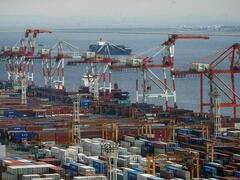


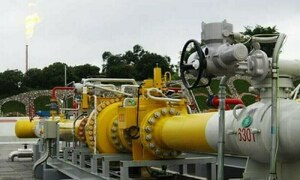

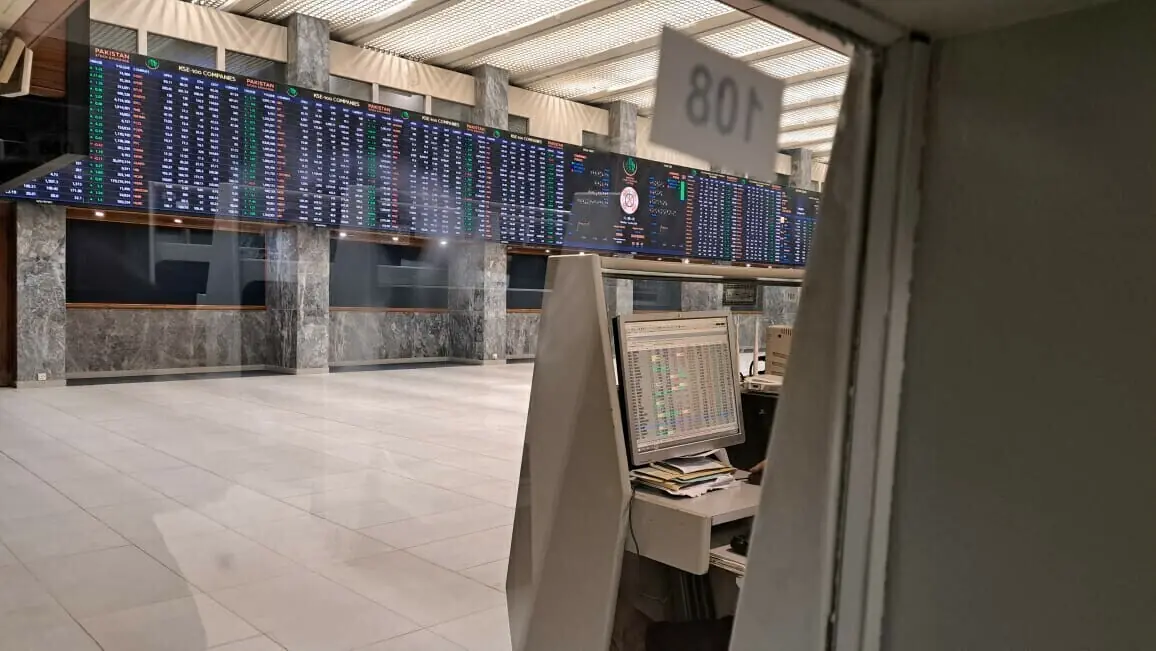
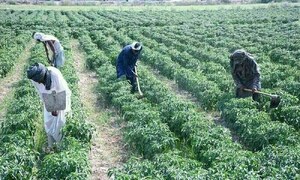




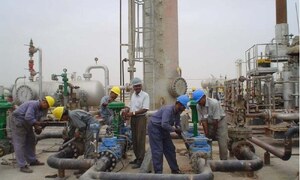
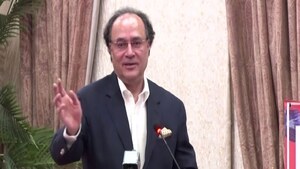


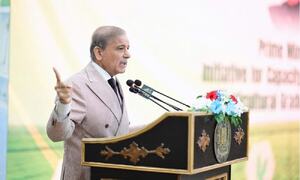



Comments
Comments are closed.